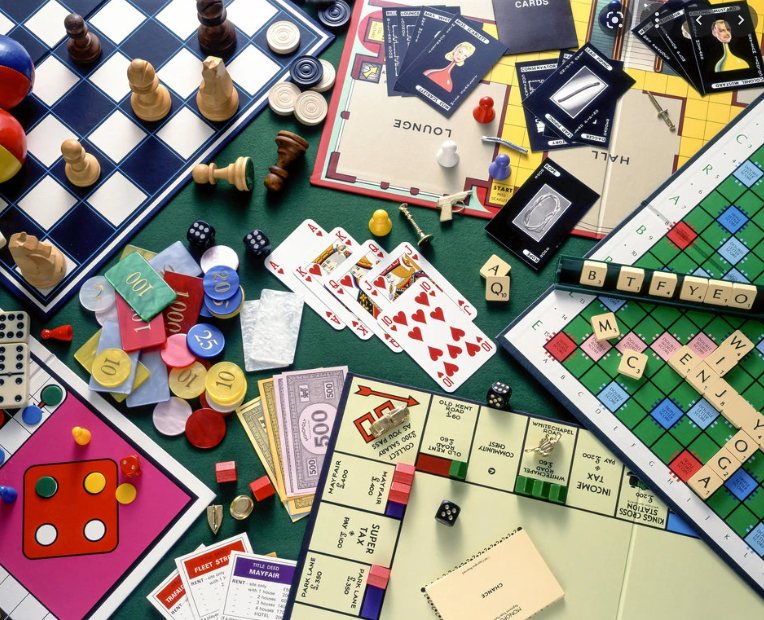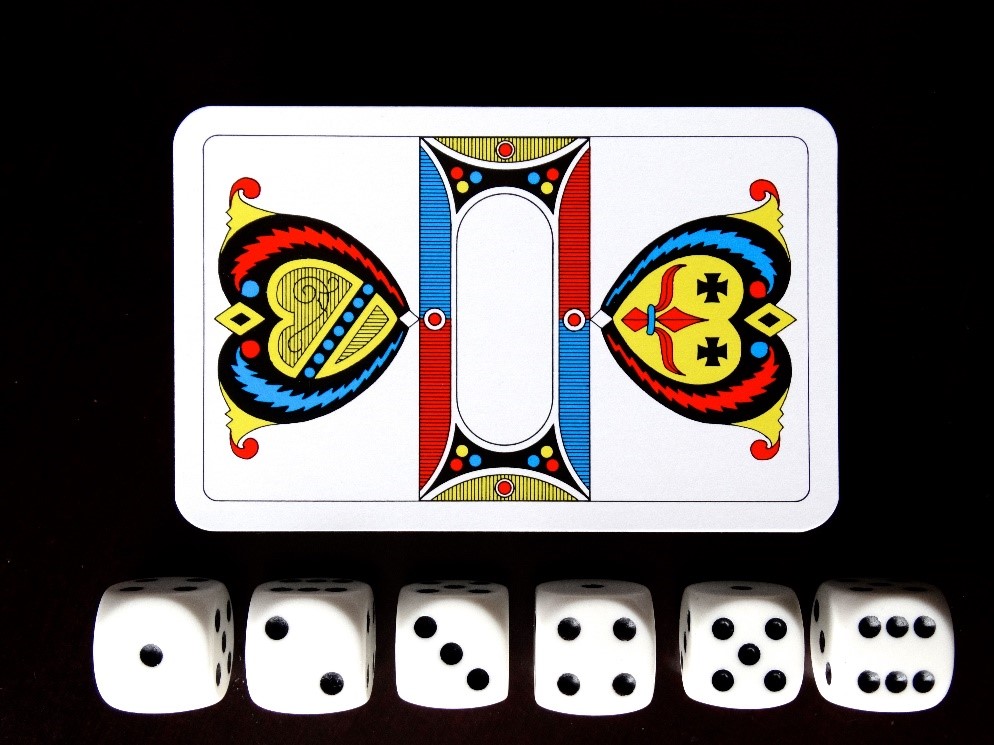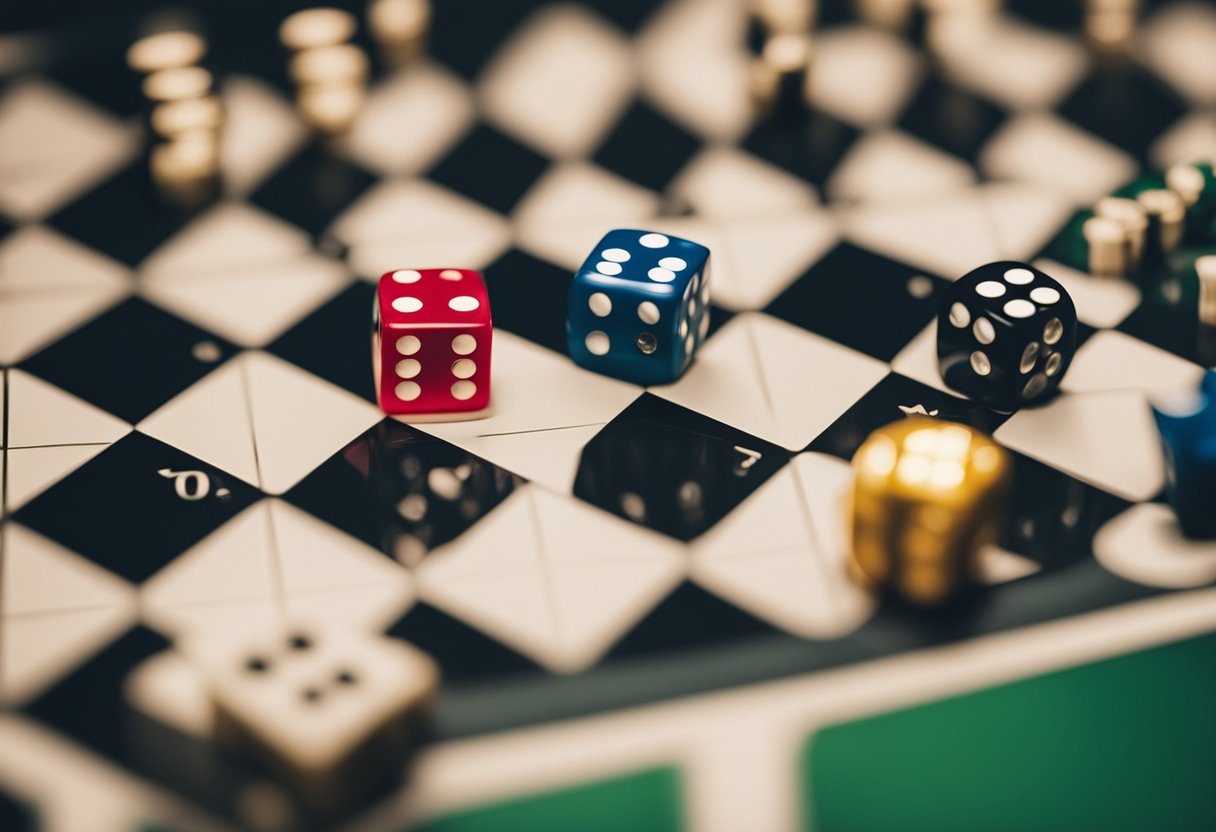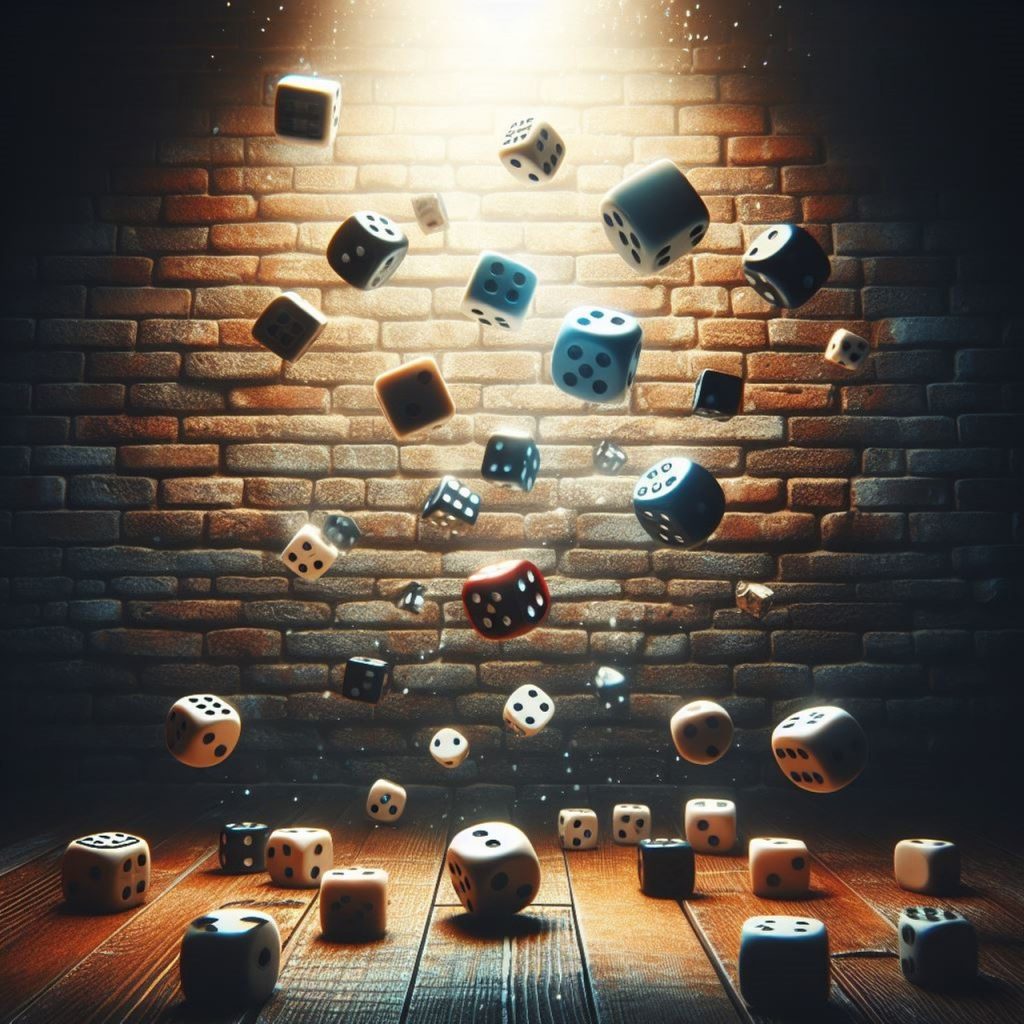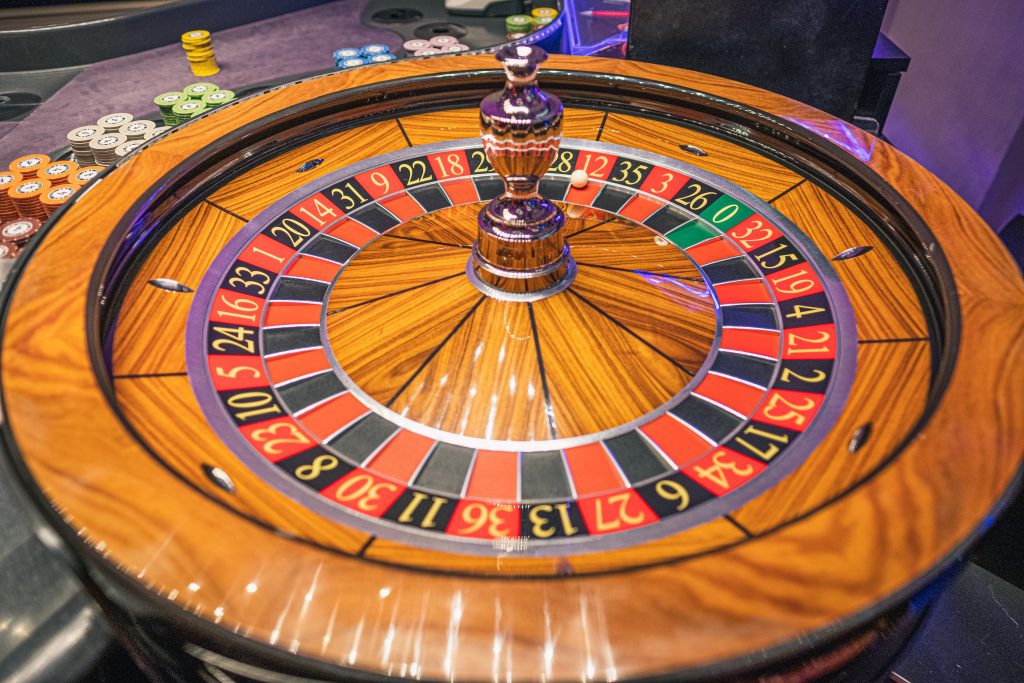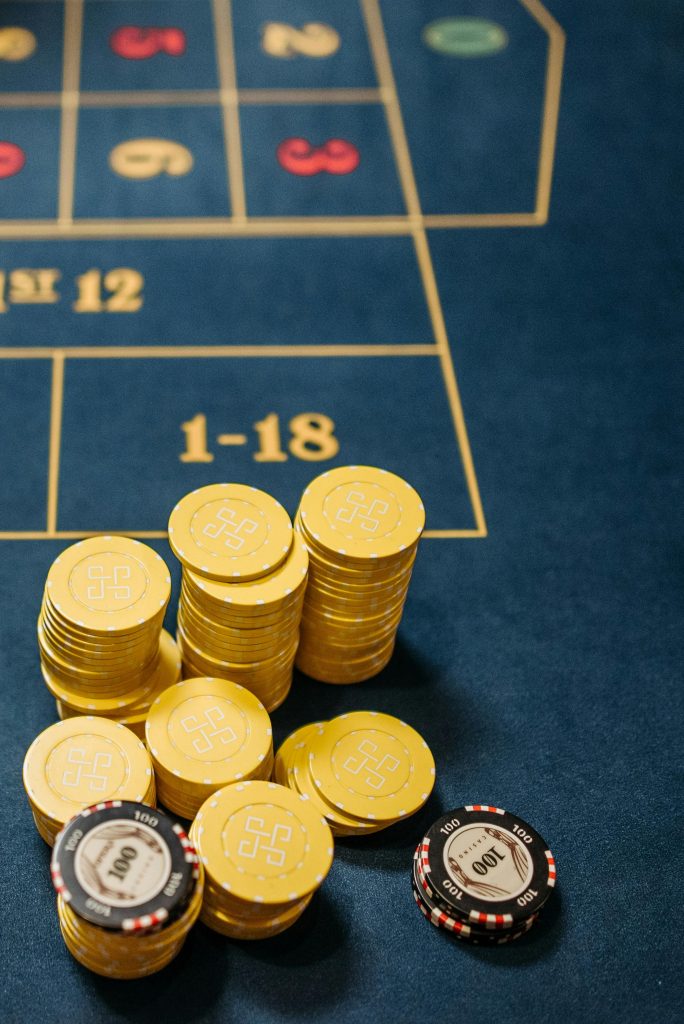
Online gambling and playing in online casinos is an extremely popular form of entertainment across the world. Developing a winning mindset can help to increase your chances of winning as well as increasing your enjoyment. However, it’s important to note that online gambling is 100% based on luck and there is no real way to increase your chances of winning. The best VT online casinos can help players to develop a winning mindset with incredible games but also offer support players when they need it. This article is going to discuss the different ways you can develop a winning mindset when it comes to playing casino games.
Understanding the Psychology of Casino Games
One of the first steps is to build a self awareness around your gambling habits. This means understanding the psychology of casino games. The aim of a casino game is to be exciting and engaging for players, however, they also rely on an element of chance and probability too. From the beginning it’s important to get your head around the fact that casinos are based on luck. You could be the most skilled player in the world, but at the end of the day, the only way to truly win is by luck. If you’re looking for a more skilled experience, why not try some more strategic games out. This is an idea you need to incorporate into your approach when playing casino games. Keeping this realistic idea will prevent you from getting emotional. No matter how close you were the first time, practicing and playing again will not increase your chance anymore than the first time.
The Art of Focus and Concentration
Staying focused and concentrating on a game is essential when it comes to being able to make informed decisions. It’s really important to pay attention, especially in games against other players or ones with live dealers.
By practicing mindfulness techniques you can improve your concentration and stay in the moment while playing. This means you’re better prepared to make a decision during games. Silly mistakes can lead you to losing and even waste your gambling budget.
Embracing Risk and Managing Your Emotions
Another important aspect of developing a winning mindset is being able to manage your emotions, especially when it comes to taking risks. Taking risks in casino games is a very normal part of the experience, which means it’s essential to be able to handle it in order to be successful but also to enjoy yourself too.
It’s essential to be able to manage your emotions, even in the most risky situations. This will help you make more informed decisions even if you’re under pressure. By staying calm and rational, you can make better choices and avoid costly mistakes. Remember that losses are a natural part of the game, and it’s important to accept them gracefully and move on.
Strategies for Overcoming Losses and Bouncing Back
From the beginning, it’s important to understand that losing is inevitable. Games are based on luck, there is no way to control your success. There’s nothing anyone can do to avoid it. What’s important is how you deal and re act to it. It’s absolutely essential to avoid chasing losses. Although it can be tempting, this is the worst thing you can do.
It’s better to take a more optimistic approach to losing. Try to develop a resilient mindset, one that allows you to see losing as part of the game. Gambling is supposed to be fun, if you find that you’re feeling stress from losses and no longer enjoying the games, it’s time to take a break.
The Role of Discipline and Self-Control in Casino Play
This is one of the most important aspects when it comes to developing a winning mindset. Having discipline and self-control is essential for any responsible gambler. Make sure you have a gamblimg budget in place to avoid over spending. It’s also important to limit your time too. Gambling should never distract you from your every day responsibilities.
If a gaming session isn’t going your way, you must be disciplined enough to accept this instead of chasing losses and trying to win money back. Being disciplined and having self-control means that you can avoid falling into bad habits.
Developing a Growth Mindset for Long-Term Success
And finally, a positive mindset is essential when it comes to long-term success. The goal is to prolong and enjoy your experience as much as possible, a winning mindset can help you get there. Try to shift your perspective. Losing isn’t a failure, it’s part of the experience. You’re not playing online casino games to win money, you’re paying for an entertainment experience.
In summary, by understanding the psychology of casino games and considering all of these aspects, you can develop a winning and positive mindset for online casino play that is going to help you enjoy your experience even more. The most important aspect to remember is that success in casino games is not just about winning, success is also about having a positive experience.
